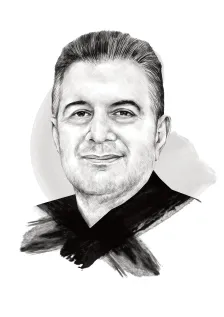The mountainous Kingdom of Bhutan in the Himalayas is the size of Switzerland but with roughly a tenth of the population. Known for its temples, breathtaking natural scenery, and measurement of development according to Gross National Happiness, the Kingdom is also energy-rich, thanks to its abundant hydropower. This makes it an energy exporter.
It has not sat idle on all its electricity; it has mined Bitcoins (BTC), amassing more than 11,000 so far. Only five countries in the world hold more. Moreover, Bhutan does not limit itself to mining. It also plans to launch a gold-backed digital currency (Ter), establish Asia’s first bank with full digital reserves, and create a regulatory zone that accepts payments in both Bitcoin and Ethereum (another cryptocurrency).
Bhutan is emblematic of wider trends. Having only been invented in 2008, Bitcoin is now at the heart of global financial debates, after El Salvador became the first country to adopt it as legal tender in 2021. Yet many are still opposed. China has a complete ban, as do some in the Arab world, including Egypt, Algeria, Tunisia, and Kuwait.
Nevertheless, cryptocurrency has attracted the interest of central banks, sovereign wealth funds, and policymakers. Quietly but deliberately, countries have been stockpiling reserves. In March of this year, the United States government announced its intention to establish a Strategic Bitcoin Reserve alongside a Digital Asset Stockpile.
Strategic adoption
Some governments have adopted Bitcoin as a way of diversifying their reserves. Its limited supply (capped at 21 million) makes it inherently deflationary, and geopolitical tensions have reinforced this trend. It is also pseudonymous. Countries subject to Western sanctions view Bitcoin as a means of circumventing financial restrictions, facilitating sovereign transfers, and reducing reliance on the international SWIFT banking system. In countries where inflation, corruption, and poor governance have put pressure on national currencies, Bitcoin has become all the more important.




